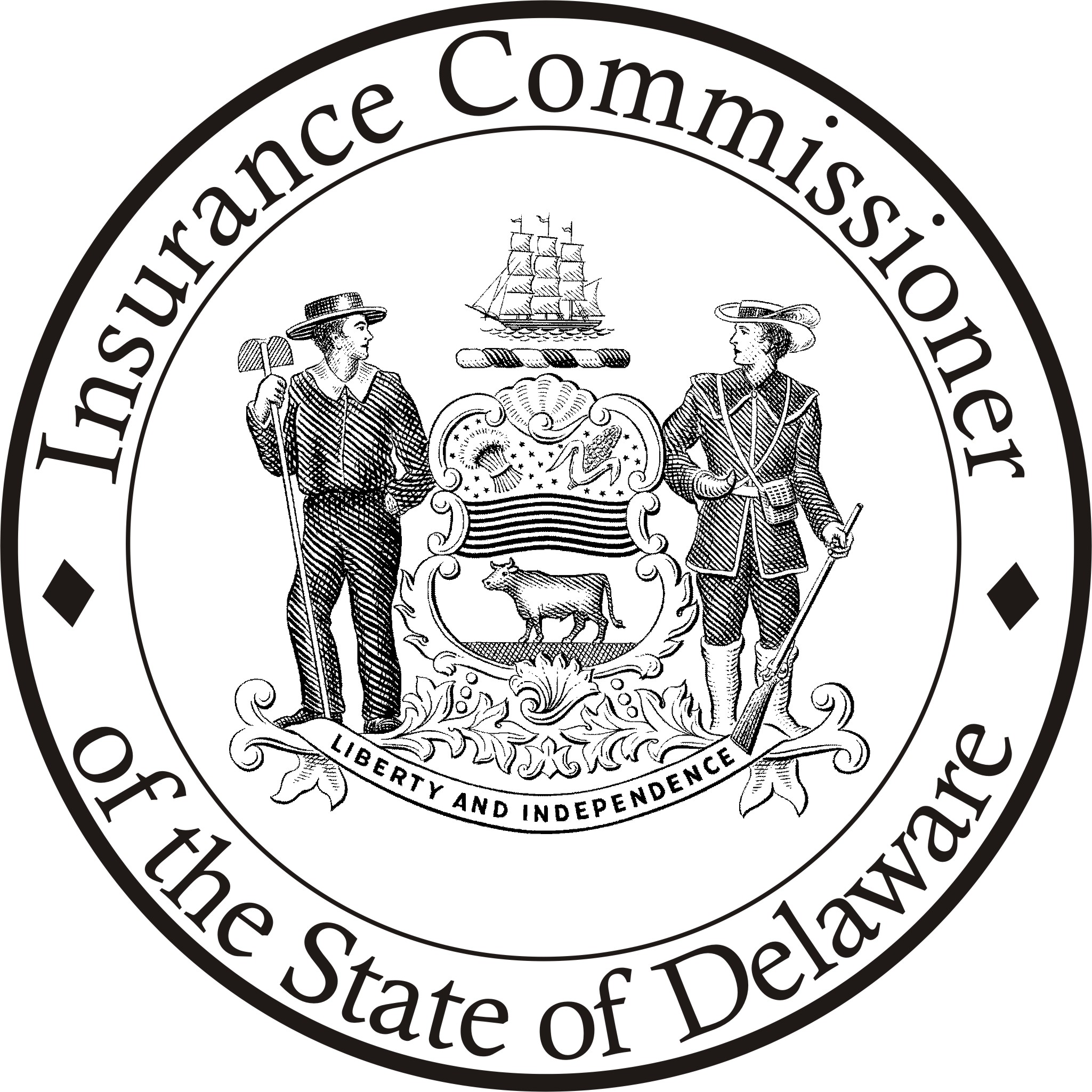Boomerang Kids Create Insurance Issues
Insurance Commissioner | Newsroom | Date Posted: Thursday, September 29, 2016
Insurance Commissioner | Newsroom | Date Posted: Thursday, September 29, 2016

Commissioner Stewart helps Baby Boomers and Gen Xers navigate empty nest reversal
DOVER, DE — Nearly half of adults in their 40s and 50s have a parent age 65 or older and are either raising a young child or financially supporting an adult child.1 These baby boomers and members of Generation X are feeling the pressure of empty nest reversal from boomerangs – adult children returning home to live – and live-in elders – seniors trading their current home for a loved one’s spare bedroom. In addition to negotiating cooking and cleaning responsibilities, Delaware Insurance Commissioner Karen Weldin Stewart encourages families to make sure everyone understands how a change in address might affect insurance needs.
“American households are experiencing a dramatic shift. Whether it’s aging parents moving in with their grown children or young adults moving back in with mom and dad — today’s households come in all shapes and sizes,” said Stewart. “As family dynamics evolve, the National Association of Insurance Commissioners and I urge consumers to understand the insurance implications of their unique living arrangements.”
Aging Relatives
For seniors, moving in with an adult child can be uncomfortable. Before the first box is packed, parent and child need to talk about finances, including insurance.
Consider the following questions:
This level of detail will help both parties decide what changes, if any, need to be made to existing coverage. Most importantly, seek to make your loved one feel cared about, not cared for.
Boomerang Kids
For the first time in more than 130 years, adults 18-34 years old are more likely to be living with their parents than in any other scenario — including living with a spouse or partner, other family or friends, or alone.2 Experts say hosting an adult child can cost between $8,000 and $18,000 per year.3
Before welcoming an adult child back home, set clear expectations:
To avoid misunderstandings, the NAIC developed the Welcome Home contract. In addition to outlining basic rules of adult co-habitation, the document places under signature key insurance-related agreements between adult child and parent.
For insurance tips to help modern households of all shapes and sizes including baby boomers, same-sex couples, single parents, millennials and more, visit InsureUonline.org. Delawareans interested in state-specific insurance information can contact the Department of Insurance at 1-800-282-8611 or visit http://www.delawareinsurance.gov/.
Sources
# # #
Keep up to date by receiving a daily digest email, around noon, of current news release posts from state agencies on news.delaware.gov.
Here you can subscribe to future news updates.
Insurance Commissioner | Newsroom | Date Posted: Thursday, September 29, 2016

Commissioner Stewart helps Baby Boomers and Gen Xers navigate empty nest reversal
DOVER, DE — Nearly half of adults in their 40s and 50s have a parent age 65 or older and are either raising a young child or financially supporting an adult child.1 These baby boomers and members of Generation X are feeling the pressure of empty nest reversal from boomerangs – adult children returning home to live – and live-in elders – seniors trading their current home for a loved one’s spare bedroom. In addition to negotiating cooking and cleaning responsibilities, Delaware Insurance Commissioner Karen Weldin Stewart encourages families to make sure everyone understands how a change in address might affect insurance needs.
“American households are experiencing a dramatic shift. Whether it’s aging parents moving in with their grown children or young adults moving back in with mom and dad — today’s households come in all shapes and sizes,” said Stewart. “As family dynamics evolve, the National Association of Insurance Commissioners and I urge consumers to understand the insurance implications of their unique living arrangements.”
Aging Relatives
For seniors, moving in with an adult child can be uncomfortable. Before the first box is packed, parent and child need to talk about finances, including insurance.
Consider the following questions:
This level of detail will help both parties decide what changes, if any, need to be made to existing coverage. Most importantly, seek to make your loved one feel cared about, not cared for.
Boomerang Kids
For the first time in more than 130 years, adults 18-34 years old are more likely to be living with their parents than in any other scenario — including living with a spouse or partner, other family or friends, or alone.2 Experts say hosting an adult child can cost between $8,000 and $18,000 per year.3
Before welcoming an adult child back home, set clear expectations:
To avoid misunderstandings, the NAIC developed the Welcome Home contract. In addition to outlining basic rules of adult co-habitation, the document places under signature key insurance-related agreements between adult child and parent.
For insurance tips to help modern households of all shapes and sizes including baby boomers, same-sex couples, single parents, millennials and more, visit InsureUonline.org. Delawareans interested in state-specific insurance information can contact the Department of Insurance at 1-800-282-8611 or visit http://www.delawareinsurance.gov/.
Sources
# # #
Keep up to date by receiving a daily digest email, around noon, of current news release posts from state agencies on news.delaware.gov.
Here you can subscribe to future news updates.